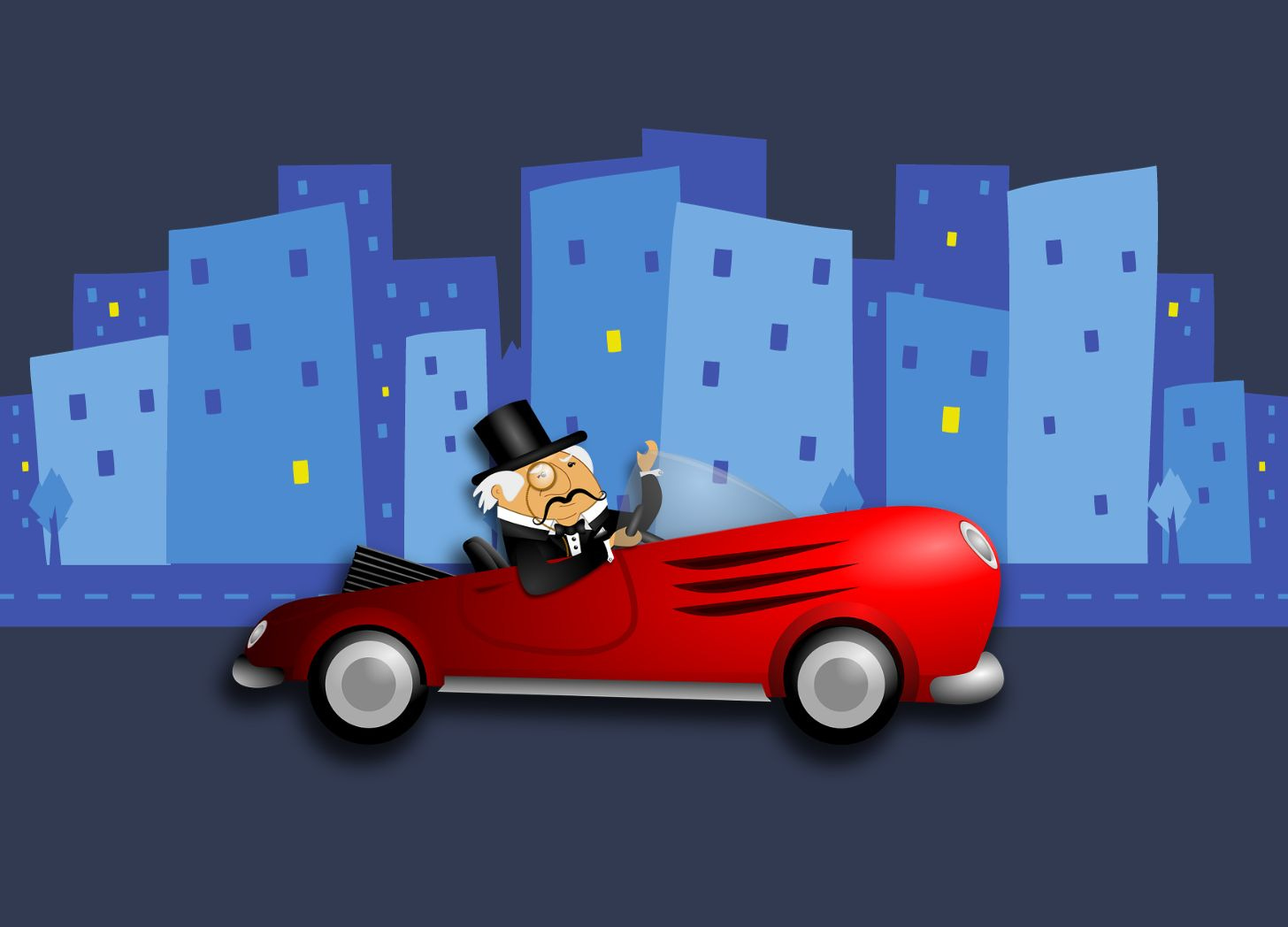For better and worse, a personal automobile used to be a luxury
Car dependency does not have to be inevitable. You might choose it for yourself, but wouldn't it be great if it was just that—a choice?
There was a time when a personal automobile was a luxury good. It’s funny how bringing that up online or IRL triggers an impulsive alarm in many Americans. I get varying degrees of REEEs:
Oh sure, I suppose you want us to own nothing and be happy and maybe depopulate back to prehistoric times. Why do you hate cars?
Even if I was one of the tiny fraction of people who thinks motorized machines should be outlawed, that’s not the point. I’ve said many times and in many ways that technology (including motorized transportation) is a gain for the human race. But put aside the war on cars theme and just think on this: there was a time when a personal automobile was a luxury good.
Cars went from rare to ubiquitous at breakneck speed, profoundly altering American lifestyles. In the early 1900s, not only was the cost of a car outrageous, you needed connections to get a purchase permit before draining your bank account. Even by the end of the roaring 20s when the assembly line and standardized parts drove down costs, the price of a personal automobile would set a factory worker back half their annual salary. For unskilled laborers, it might be two or three times their annual salary.
Because of a car’s expected depreciation and maintenance needs, banks weren’t handing out financing opportunities for buyers in the early days. You took on the risk yourself, which meant saving up and buying in cash.
I’m a car owner. And I sometimes wonder how things would be different if it wasn’t so easy to make such a huge purchase. Maybe you’ve done one of these What If thought exercises:
If a car was priced at half my annual salary, would I still rush to buy one?
Before my car’s 10th birthday, would I already be thinking about replacing it instead of squeezing every last mile possible out of it?
Would I expand the family fleet each time a kid turned 16?
Would I have agreed to work in offices many miles from home where driving was the only mobility option?
Motor vehicles have made many things possible that were previously considered unachievable. But there are also unintended consequences of subsidizing transportation to the point that it's expected to be cheap enough for every person of driving age to have their own personal machine to drive.
Americans aren't thinking about access to opportunity any more, they're thinking about the product. We could have access to a variety of things all around where we live, without the extraordinary expenses associated with car dependency.
Today, not owning a personal car is a luxury. How twisted is that? Local land use policies incentivize car ownership because they outlaw mixed use neighborhoods. Driving is the only viable option for so many people.
🍖 You have to drive the nearest restaurant because the regulations won't allow one in walking distance.
🎒 You have to drive your kids to school because the regulations required a massive road expansion that’s too dangerous to walk across.
📰 You have to drive to work because the regulations won't allow commercial uses on your block.
It doesn't have to be this way, and we don't need a time machine to shift course. Since land use policy is such a localized thing, there's no need to be a doomer and think we must always be crushed figuratively and literally by car-oriented infrastructure.
If you fancy yourself an agent of change (and you should!), start with the local rules for zoning. I’m sure they’re on your local government’s website. Then go through the local rules for development projects. Then go through the local rules for traffic and parking. This stuff is all reformable whether you live in a small town or big city.
Car dependency does not have to be inevitable. You might choose it for yourself, but wouldn't it be great if it was just that—a choice?


